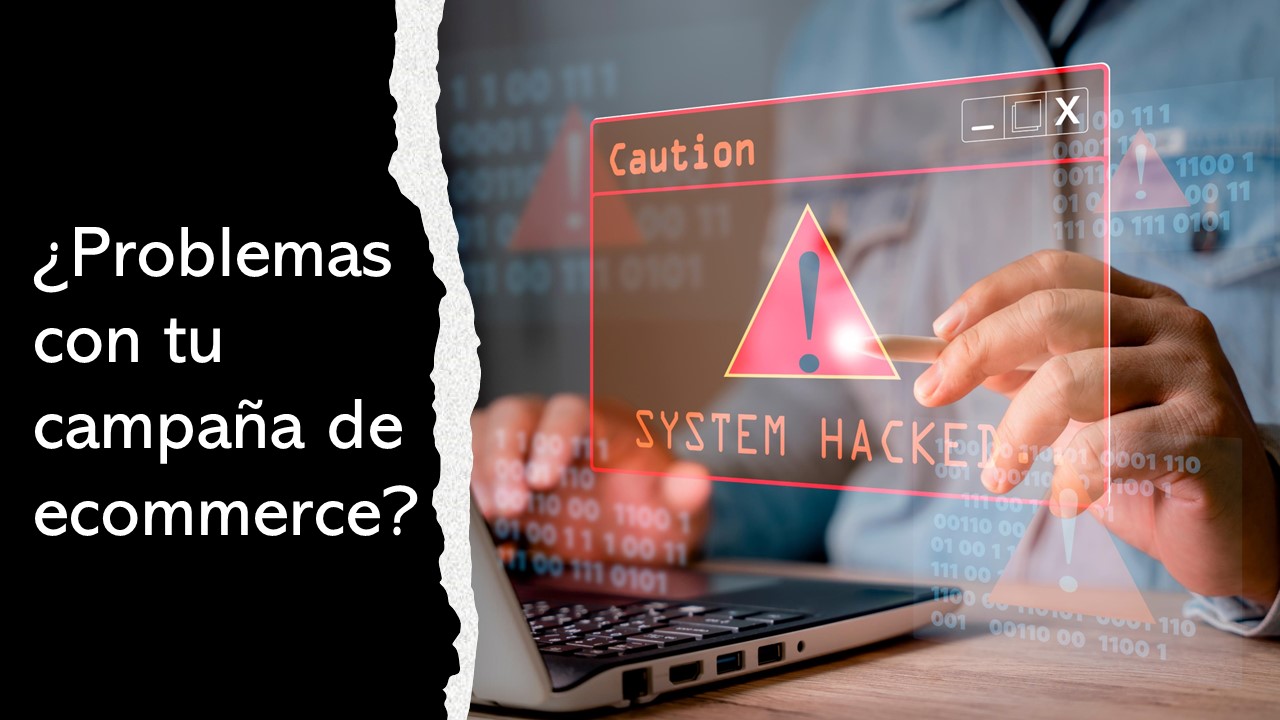Volver a Noticias

Key Aspects of Cybersecurity in the Retail Sector
2023-08-08 13:13:47

División Ciberseguridad y Ciberinteligencia del Grupo Sermicro- Sector Retail
Cybersecurity in retail is a constant concern due to the large amount of sensitive data this sector handles and the fact that it is an attractive target for cybercriminals. Implementing robust security measures, educating staff and being prepared to respond to incidents are essential to protecting a retailer's infrastructure and reputation. Here are some key aspects to consider for cyber security in the retail sector.
If you would like more information on this topic or need to know which cyber security solutions are right for your business or how to manage it, please do not hesitate to contact us, we can help you.
Volver a Noticias
What are the key issues?
- Protecting customer data: Retailers collect and store a large amount of personal information about their customers, such as names, addresses, credit card numbers, and so on. It is crucial to implement measures to protect this information from potential security breaches or cyber attacks.
- Point-of-sale (POS) security: Point-of-sale systems are a common target for cybercriminals. The installation of malicious software on POS terminals can compromise customers' credit card data. Retailers should ensure that POS systems are protected with measures such as encryption, strong authentication and regular software updates.
- Network and system security: Networks and systems need to be protected against intrusions and malware. It is vital to implement firewalls, intrusion detection systems, anti-virus and other security measures to prevent external attacks.
- Staff education and awareness: Cyber security awareness is critical to prevent incidents caused by human error. Employees should receive regular training on security best practices, how to recognise phishing emails and how to properly protect sensitive information.
How do I protect myself?
- Threat monitoring and detection: Implementing threat monitoring and detection systems can help identify potential attacks or suspicious behaviour in real time, enabling a quick and effective response.
- Incident response: Having an incident response plan in place is crucial. In the event of a security breach, a well-defined action plan will help minimise the impact and spread of the attack.
- Disaster Recovery: Develop and implement disaster recovery plans to ensure that you can quickly restore your systems and operations in the event of a major cyber incident, attack, hardware failure or natural disaster. These plans should include regular and secure backups of critical data, redundant systems, and clear procedures for recovery and resumption of operations after the event. Periodic testing of these plans is essential to ensure that they are effective and up to date. A proper disaster recovery plan can minimise downtime, protect business continuity and mitigate financial and reputational impact in the event of an adverse event.
If you would like more information on this topic or need to know which cyber security solutions are right for your business or how to manage it, please do not hesitate to contact us, we can help you.


 ES
ES PT
PT